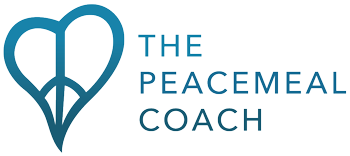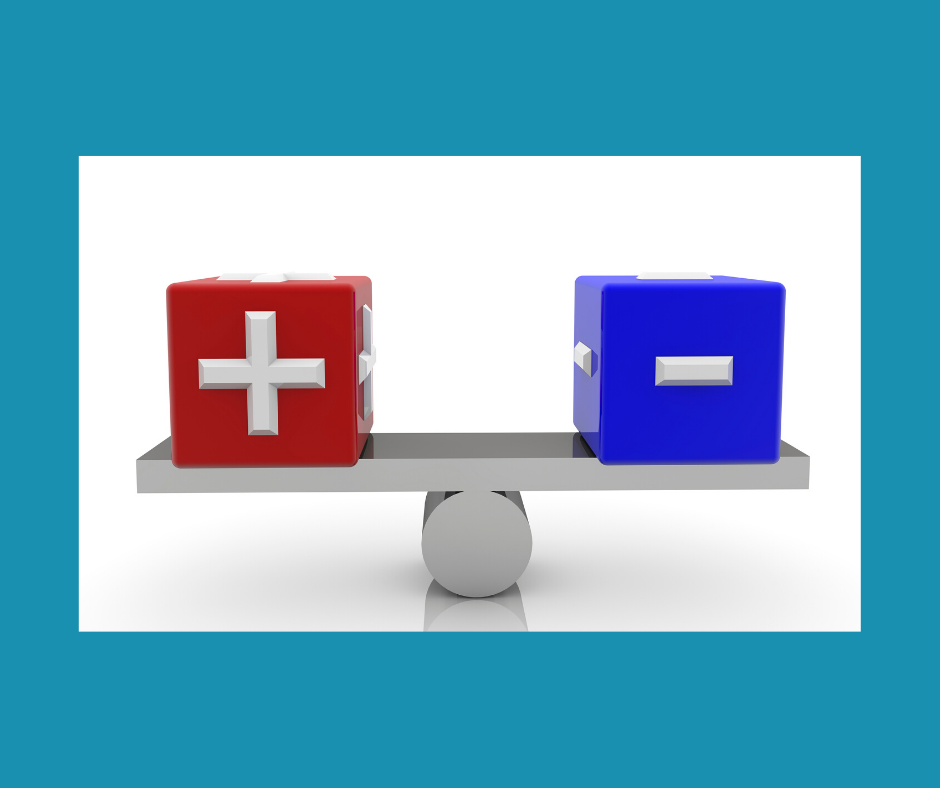One thing I know about myself is that I am able to see both sides of any issue. That means that whenever someone lands on the opposite side of something, I’m willing to look at what they’re thinking compared to what I’m thinking. This ability served me well while I was in law school because we were required to argue both sides of every case. We were taught to take a set of facts and to line up evidence in support of one side, and to then do the same thing in support of the other side.
Opposite Sides
Regardless of our beliefs, our feelings, and our experiences, we needed to learn to argue as passionately for one side as the other. Our professors taught us to develop arguments in favor of opposing views. We learned to find similarities and differences in a case when compared to cases that came before it. It was required for us to consider new ways to look at the evidence in order to make persuasive arguments for whichever side of an issue we were asked to represent.
The ability to see cases from all angles was necessary to succeed in law school. But outside of my legal studies, I didn’t know how much that ability would help me until my daughter was diagnosed with anorexia. Suddenly I was bombarded with a lot of very frightening information and with few helpful alternatives. Plenty of evidence proves that anorexia is something that is not easily treatable. Finding any treatment at all can be difficult, and even when you can find treatment, it is mostly ineffective. It was much easier to build a case for hopelessness and despair than for encouragement and hope.
I decided to look for ways to strengthen the arguments on the side of optimism. My intention was to make the case for full recovery at least as strong as the case against it.
Finding The Positive In Anorexia
I searched and found evidence of good outcomes. My quest was to find reasons to believe in recovery. As a result, I discovered evidence-based research that shows better adolescent recovery outcomes when parents are engaged in treatment.
While there is plenty of evidence to support a realistic expectation of full recovery for our anorexic teens, that evidence is not usually emphasized when parents are seeking treatment. Because collective gloom and doom has historically been much stronger than hope and optimism in anorexia cases, I’ve developed the following strategies to help me stay focused on positive outcomes:
1. Be curious.
I’ve learned to approach opposing views with curiosity instead of anger or fear. When I don’t see eye to eye with someone about anorexia, I’ve decided not to be offended . I’m comfortable asking questions like:
- Why, I wonder, do they believe that?
- What evidence do they have that leads them to believe that?
2. Compare intentions.
In addition to being curious, I’ve also learned to ask an important question: what is the intention behind the opposing view? When encountered with an opinion that is opposed to mine, I can usually see their intention. Most of the time our intentions are the same; we just come to different conclusions. Isn’t it interesting that our intentions may be similar, but our approaches can be completely different? Fascinating.
3. Stop thinking in terms of right or wrong.
When you learn to see both sides, you open yourself up to understanding why others with opposing views may be thinking and feeling the way they do. You can then consider that maybe they are right. And maybe you are also right. What if neither of you is wrong?
I believe that there is no universal right or universal wrong with most things. Instead there is a continuum, and we all fall on it, somewhere. What we think when we are 20 years old may be shaped and changed to be completely different than what we think by the time we are 60 years old. One person’s set of life experiences, influences and circumstances may result in beliefs that do not match ours.
4. Decide how you want to respond.
When someone’s beliefs about your teen (or about you, about anorexia, about treatment, about anything) don’t match your beliefs, you are not obligated to set them straight. Instead, what if you allow them to have those beliefs, and you decide how you want to respond? In other words, you don’t automatically react when someone’s beliefs don’t align with yours. You consciously respond. That gives you the power to decide how you want to act and what you want to do.
These strategies became especially important to me when I was evaluating treatment options for my daughter. I found that I didn’t always agree with the treatment approaches that were offered and used, and I was able to be okay with that. I was able to calmly step back and make decisions that were right for my child and our family.
If you find that you don’t agree with a current treatment approach, that doesn’t mean it isn’t working. At the same time, if you don’t agree with a current treatment approach, that doesn’t mean you have to stay with it. I recommend you objectively look at the reasons you don’t agree, decide whether or not those reasons are reasons that you approve of, and then ask whether or not you can work with it to continue, or it is time to move on.
Your intention is to get the help your child needs. The treatment professionals most likely have the same intention. The same intention means you are working toward the same goal, but if you don’t believe that the way you are working toward that goal is in the best interest of your teen, then you can make changes. It is your decision. Always.
5. Balance the negative with the positive.
When you are parenting an anorexic teen, it can seem like you are surrounded by all things negative. You’re thinking negative thoughts. Negative emotions are all that you are feeling. You’re reading about negative outcomes. Everywhere you turn you’re getting negative feedback. You’re hearing negative opinions.
When this happens, one of the best things you can do is to practice countering each negative with a positive. The goal is to ensure that you have a balance of positive and negative each day. For every negative thought you notice, challenge yourself to come up with a positive thought. Allow any negative emotion you have, but make time before the end of the day to deliberately think something that brings up a positive emotion for you. For every bit of negative information you receive about anorexia, make it your mission to seek out at least as much positive information.
Look at this process as making as strong a case for the positive side as you do for the negative. The better you get at finding evidence for the positive, the more positive you will feel.
I love helping parents regain their peace of mind, strengthen their relationship with their anorexic teen, and work toward their teen’s full recovery. Contact me at jenni@peacemealcoach.com to find out how we can work together to get the results you want.






